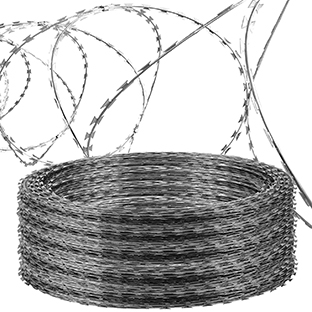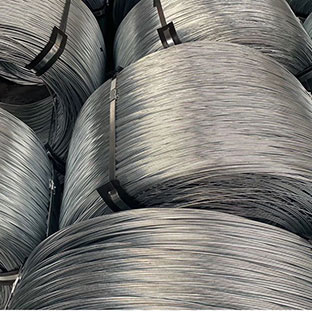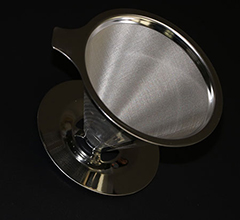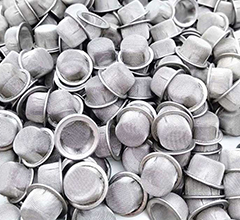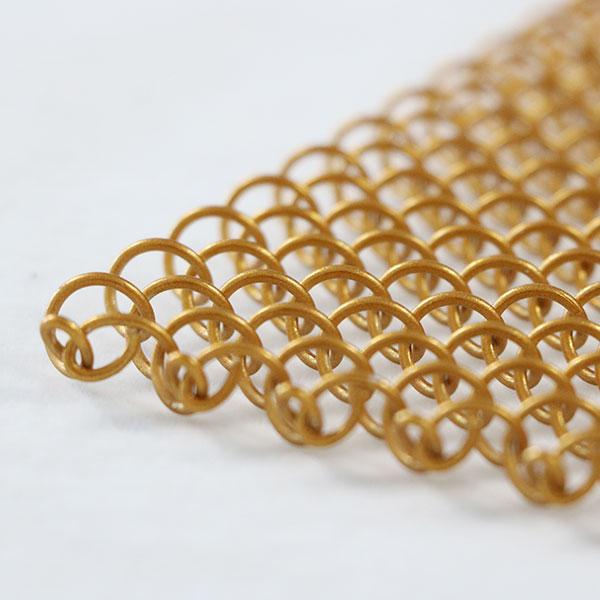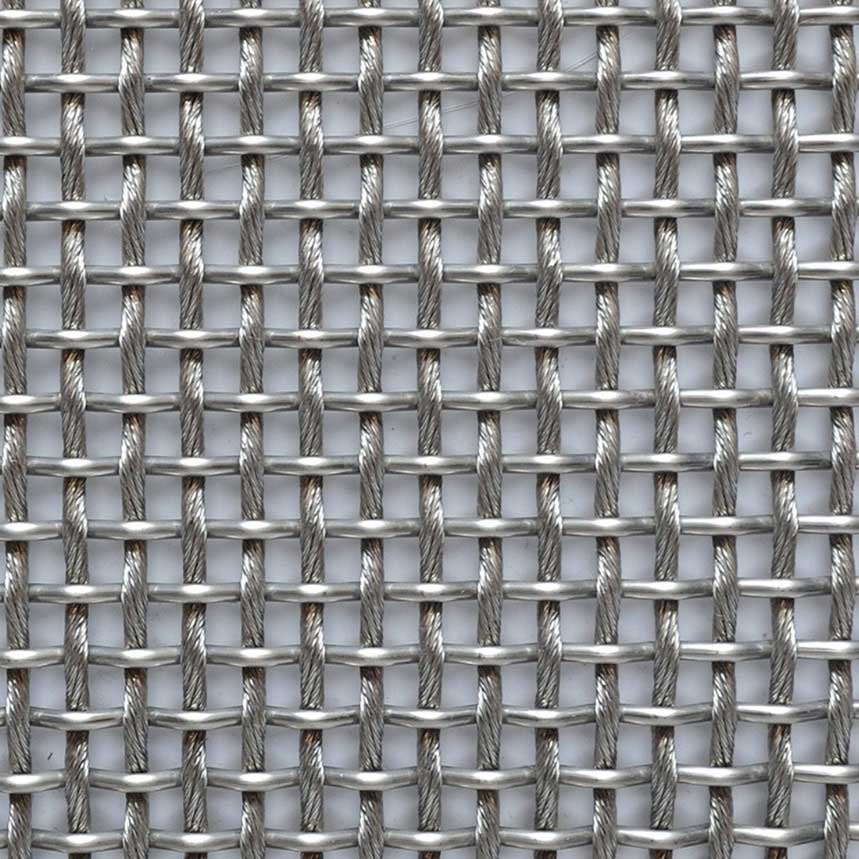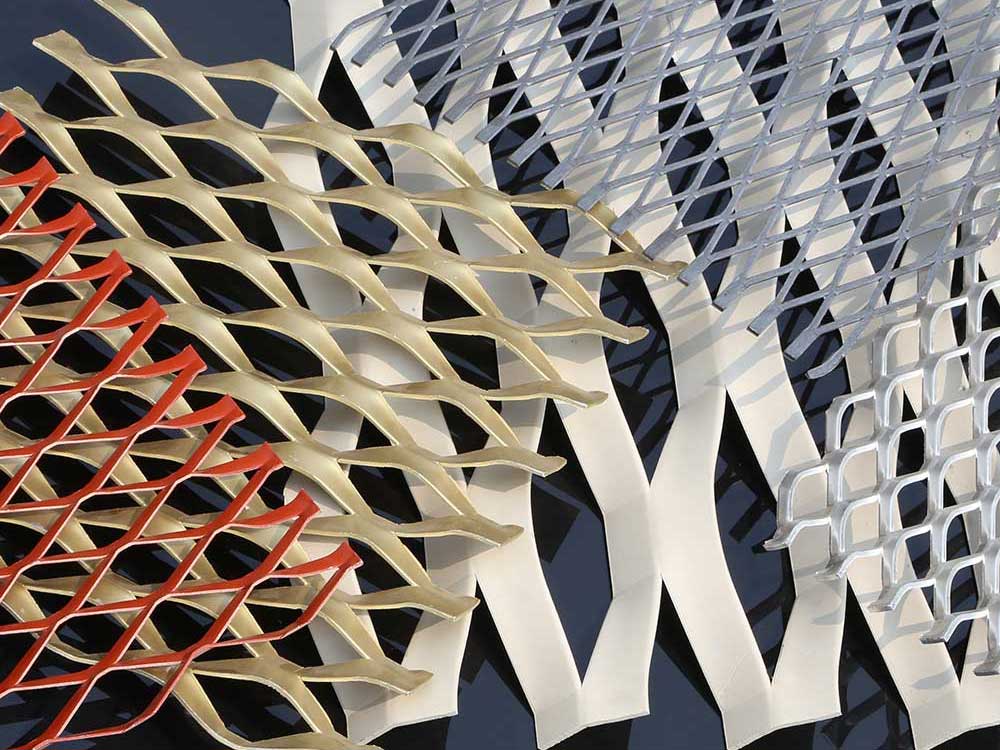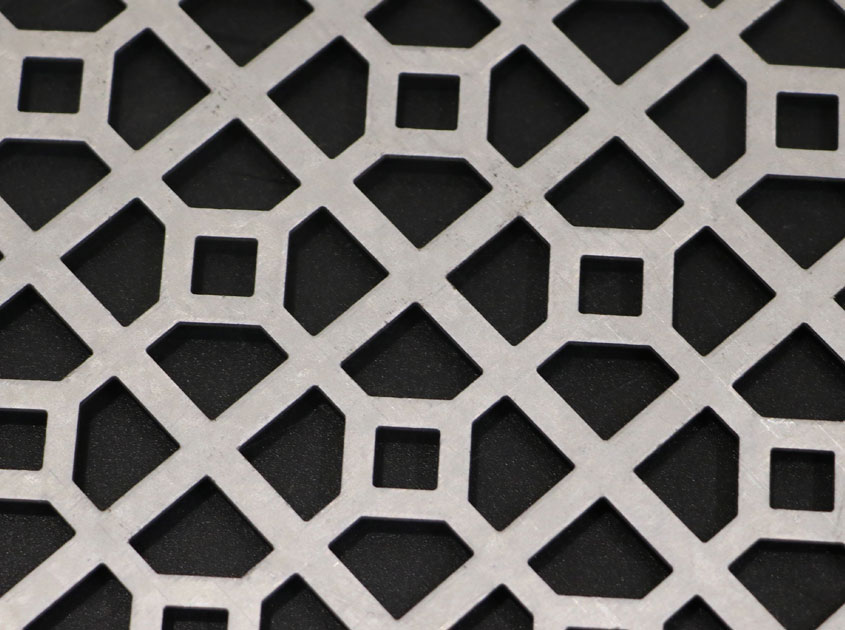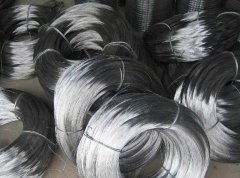Galvanized wire mesh offers numerous benefits, but it is essential to be aware of its potential limitations. By examining factors such as conductivity, durability, maintenance requirements, and aesthetic considerations, inpiduals can determine whether galvanized wire mesh is the right choice for their intended applications. This article aims to shed light on the limitations of galvanized wire mesh to provide a comprehensive understanding of its drawbacks.
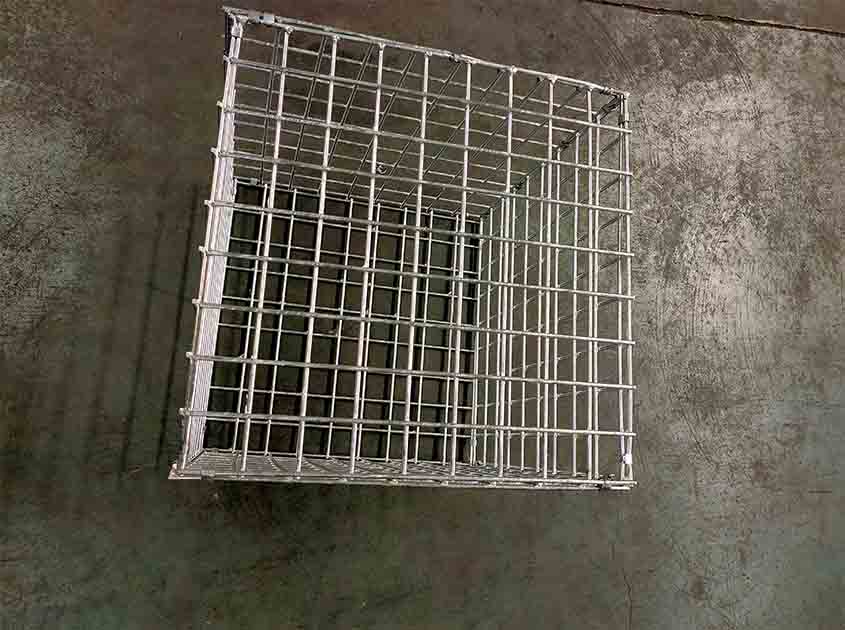
Conductivity:
Galvanized wire mesh has lower electrical conductivity compared to materials like copper or aluminum. While this is generally not an issue for most applications, it can be a limitation in situations where high electrical conductivity is required, such as grounding or applications involving electrical current transmission. In such cases, alternative materials with higher conductivity may be more suitable.
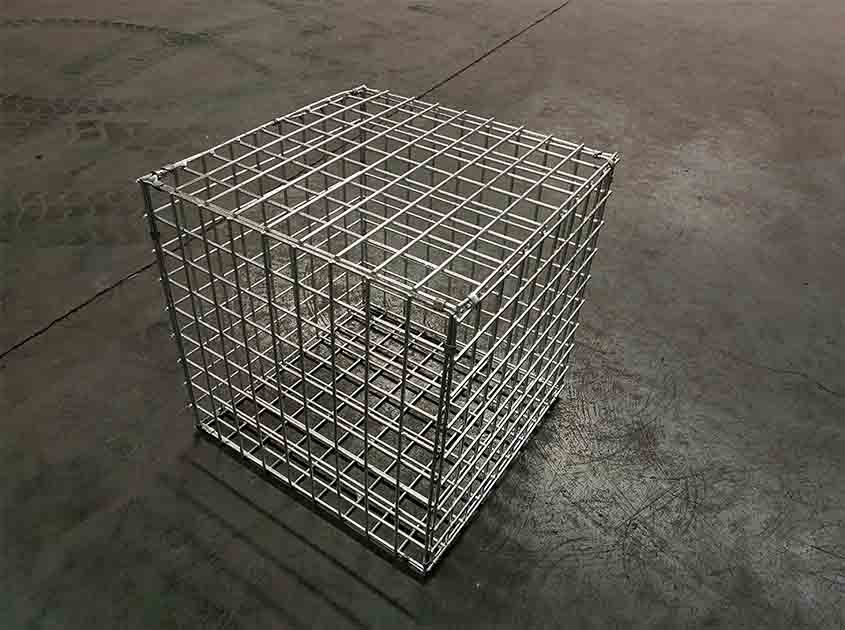
Durability:
While galvanized wire mesh is known for its corrosion resistance, over time, the zinc coating can deteriorate, leading to potential rusting or corrosion. Exposure to harsh environmental conditions, including high humidity or aggressive chemicals, can accelerate this process. Consequently, the durability of galvanized wire mesh may be compromised, particularly in corrosive environments. In such cases, alternative materials or additional protective coatings may be necessary.
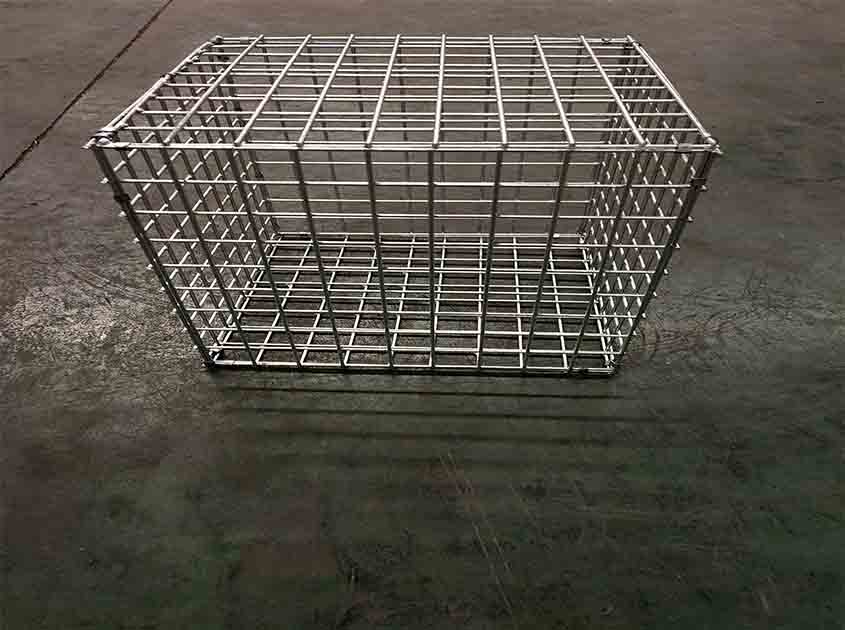
Maintenance:
Regular maintenance is crucial to ensure the longevity of galvanized wire mesh. Although it is resistant to corrosion, periodic inspections are necessary to identify any signs of deterioration, such as rust spots or weak areas. If identified, prompt repair or replacement is required to prevent further damage. Additionally, cleaning the mesh periodically to remove debris or dirt buildup is recommended to maintain its appearance and functionality.


.jpg)




.png)






































